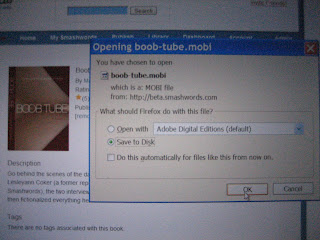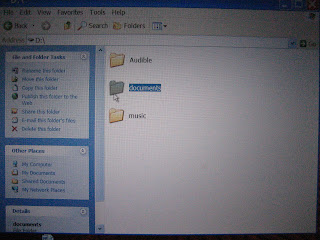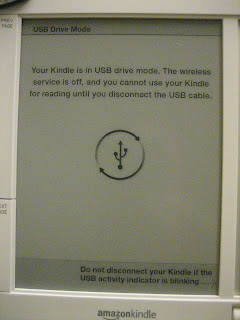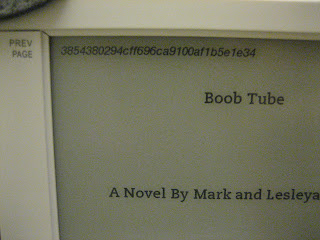
In this post, I wanted to recommend a few websites I think do a great job of helping indie authors navigate the shark-infested waters of self-publishing. As anyone who follows Smashwords or this blog knows, I'm a huge advocate for self-publishing both in print via services like Lulu or Createspace, and online via my indie ebook publisher, Smashwords. Although there are many reputable self-publishing companies such as our own who truly care about the authors they represent, the publishing industry is legend for somehow attracting the dregs of the earth to run scammy publishing services that take advantage of authors.
Below are three sites worth checking before you sign on with any publisher:
 1. Predators & Editors - The other day, a Smashwords author wrote me and mentioned how he was about to sign a publishing contract with a publisher I heard had a shady history. I pointed the author to this page at Predators & Editors so they could understand the mistake they were about to make. A few days later, I was pleased to receive an email thanking me for the warning, and notifying me he had selected one of my recommended print publishers instead. P&E maintains listings on hundreds of publishers. The site also has listings of agents, both good and bad. The site is run by David L. Kuzminski. I don't know the full story behind the site, but I do see on the home page that he is soliciting donations to help him defend the site against a lawsuit. I just made a small personal donation and I hope you do the same.
1. Predators & Editors - The other day, a Smashwords author wrote me and mentioned how he was about to sign a publishing contract with a publisher I heard had a shady history. I pointed the author to this page at Predators & Editors so they could understand the mistake they were about to make. A few days later, I was pleased to receive an email thanking me for the warning, and notifying me he had selected one of my recommended print publishers instead. P&E maintains listings on hundreds of publishers. The site also has listings of agents, both good and bad. The site is run by David L. Kuzminski. I don't know the full story behind the site, but I do see on the home page that he is soliciting donations to help him defend the site against a lawsuit. I just made a small personal donation and I hope you do the same. 2. Piers Anthony's Internet Publishing Survey - Best-selling sci-fi and fantasy author Piers Anthony has been an advocate for online publishing and authors rights for many years, and for quite a long time has maintained this great online survey of Internet publishing services. Given his prolific writing, I'm amazed he has the time to keep his list up to date, but he does an admirable job based on his own experiences and the reports he receives from his readers. I referred the aforementioned Smashwords author to this page for Piers' take on the suspect publisher.
2. Piers Anthony's Internet Publishing Survey - Best-selling sci-fi and fantasy author Piers Anthony has been an advocate for online publishing and authors rights for many years, and for quite a long time has maintained this great online survey of Internet publishing services. Given his prolific writing, I'm amazed he has the time to keep his list up to date, but he does an admirable job based on his own experiences and the reports he receives from his readers. I referred the aforementioned Smashwords author to this page for Piers' take on the suspect publisher. 3. Writer Beware - Writer Beware is run by writer Victoria Strauss. She maintains several web pages hosted at the Science Fiction & Fantasy Association's website filled with informative articles, and she also contributes to the Writer Beware Blog along with other fellow writers A.C. Crispin and Richard White.
3. Writer Beware - Writer Beware is run by writer Victoria Strauss. She maintains several web pages hosted at the Science Fiction & Fantasy Association's website filled with informative articles, and she also contributes to the Writer Beware Blog along with other fellow writers A.C. Crispin and Richard White.Image credit: Wikipedia Commons


































